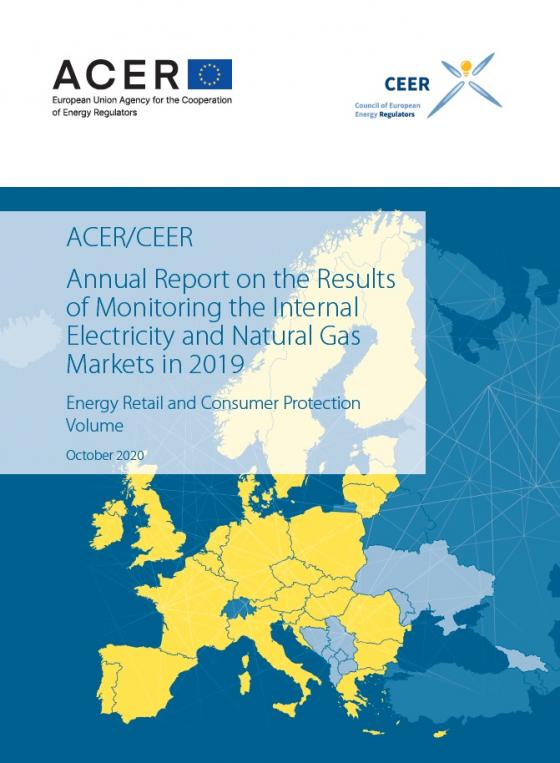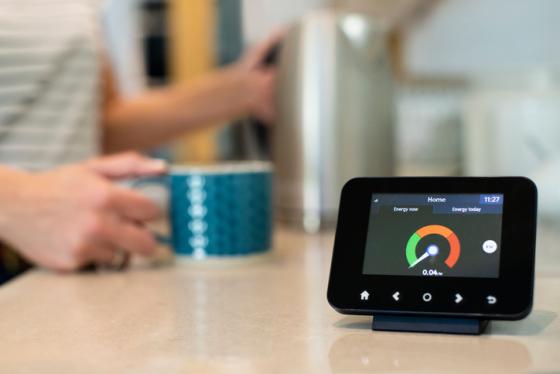The new Energy Retail and Consumer Protection Volume

The prices consumers pay for their energy increased and continue to be very different across the EU. Compared to 2009, average electricity household prices in 2019 increased significantly, faster than inflation. The existence of regulated prices in some Member States can limit the entry of new suppliers and reduce consumer choice. Such choice will be important to enable consumers to unlock cost savings in their energy bills where possible, particularly when some of the non-contestable aspects (network, taxes, levies) may increase in the future to deliver decarbonisation.
For consumers to be able to shop around for better prices and services, smart meters and reliable comparison tools are essential. However, the presence of these continues to vary across Member States, albeit with improvement in recent years. Market concentration levels continue to improve, but too slowly, with electricity markets performing better than gas markets. It is worth reflecting on the impact that COVID-19 is currently having on the energy sector, prompting a variety of responses from national regulatory authorities, mainly geared towards protecting energy supply for consumers.
These are some of the findings in the latest edition of the Energy Retail and Consumer Protection Volume of the annual report on the results of monitoring the internal electricity and gas markets in 2019 (MMR), published today by the European Union Agency for the Cooperation of Energy Regulators (ACER) and the Council of European Energy Regulators (CEER). The report includes two other already-published volumes analysing the electricity and gas wholesale markets. ACER and CEER develop the MMR with the support of the Energy Community Secretariat. All volumes can be found here.
Join us for a joint ACER/CEER webinar to present the results of the latest MMR results at 10:30 CET on 28 October.
How did retail energy prices perform in 2019?
The report shows that average energy prices in 2019 increased for energy consumers, with the exception of average industrial gas prices, which recorded a decrease.
The analysis also shows that the difference between wholesale and retail prices widened in 2019. A strong correlation between retail and wholesale energy prices is observed when wholesale energy prices increase. However, a weaker correlation is noted with regard to a fall in retail prices following a fall in wholesale energy prices. Such “sticky prices" can result in energy consumers paying higher than needed prices for their energy consumption. While it is not expected that retail prices will always decrease at the same rate as wholesale price reductions, empowering energy consumers may assist in placing downward pressure on suppliers to decrease retail prices.
How can consumers be further engaged to find the best prices?
The Clean energy for all Europeans package recognises the important role that European energy consumers will play in achieving decarbonisation goals. At present, consumer engagement in retail energy markets is limited in some MS due to the presence of regulated prices. As these MS move to market-based prices, the energy consumer will have a wider choice of retail suppliers.
The rate of consumers switching suppliers ranges from 1% to 20% across the EU. As regulated prices are phased out, it is expected that consumer participation will increase. However, consumers need to have the right tools allowing them to make informed decisions. For example, smart meters provide consumers with real-time information on their energy consumption, enabling their active participation in the market. However, a full smart meter roll-out has been completed only in nine MS. Meanwhile, comparison tools, which help consumers find the best offer for their needs, exist in 20 and 15 MSs for electricity and gas, respectively. The report notes that millions of complaints were filed by consumers to their suppliers (and distribution system operators, DSOs) in 2019, most often regarding invoicing issues to their suppliers and metering-related issues to their DSOs.



